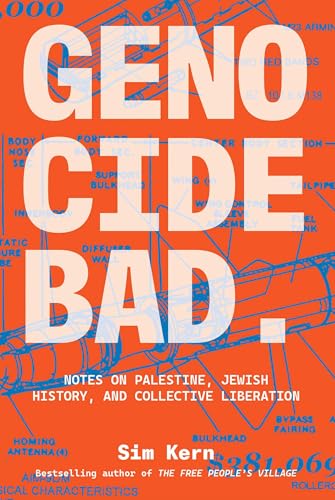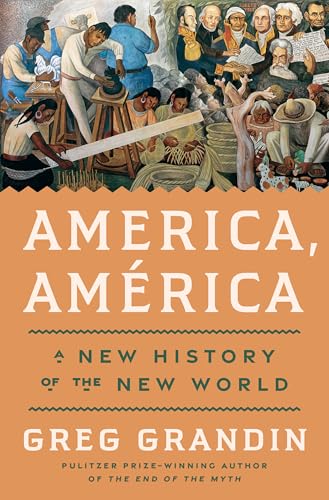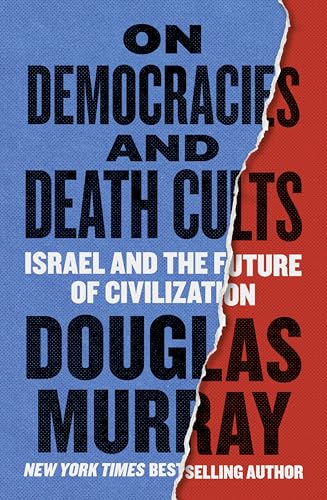Review of GENOCIDE BAD
by Johny McFliggen, PhD Literature & Business, Oxford
The enigmatic book "GENOCIDE BAD" by Sim Kern, if it indeed exists beyond the whispers of speculative fiction and the labyrinthine corridors of modern discourse, presents itself as a curious artifact of moral exploration. The title alone is an audacious proclamation, reminiscent of the kind of blunt yet profound statement you'd expect from an avant-garde performance artist rather than a scholarly treatise. Yet, therein lies its potential intrigue.
Sim Kern, known for their speculative narratives, typically shrouds potent truths within the veils of fictional worlds. If Kern has ventured into non-fiction with "GENOCIDE BAD," we might anticipate a work that not only challenges the reader's preconceptions but also reconfigures the landscape of genocide studies. One might imagine it as a kind of literary alchemy, transforming the leaden weight of historical atrocities into a gold standard for moral and ethical reflection.
Drawing comparisons to Philip Gourevitch's harrowing account of the Rwandan genocide or Raul Hilberg's comprehensive dissection of the Holocaust might seem premature, yet Kern's potential take could be seen as a companion piece that eschews traditional narrative forms. Where Gourevitch immerses us in personal narratives and Hilberg bombards us with cold data, Kern could be aiming for a synthesis—a new method of engaging with the unspeakable.
What makes Kern's potential contribution particularly fascinating is their background in speculative fiction. This genre often acts as a prism through which we can view stark realities refracted into new colors. If "GENOCIDE BAD" follows this tradition, it could offer a fresh lens on the systemic injustices that lay the groundwork for such horrors, much like Margaret Atwood’s "The Handmaid’s Tale" comments on patriarchy through dystopia.
The reception of Kern's other works, praised for their nuanced handling of social justice themes, suggests that any exploration of genocide would be both insightful and deeply empathetic. It is conceivable that Kern would approach this dark subject with a deft touch, blending personal narrative with broader societal critiques—a style that resonates with readers who prefer their truths served with a side of introspection.
In a world where nuance often drowns in the cacophony of oversimplified narratives, "GENOCIDE BAD" might just be the kind of book that demands our attention not for what it tells us about genocide itself but for how it implores us to confront our own complicity and complacency. Whether this book is real or merely an intriguing phantom remains to be seen, but if and when it appears in our literary canon, it promises to be nothing short of revelatory.
Purchase Link: GENOCIDE BAD on Amazon



